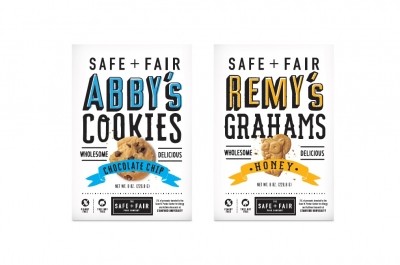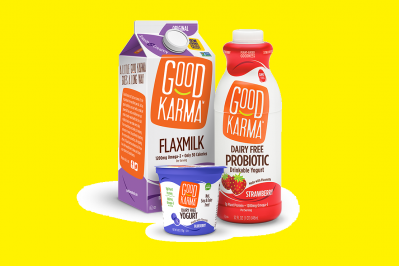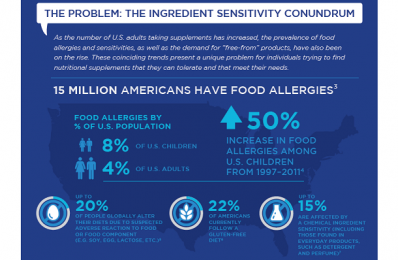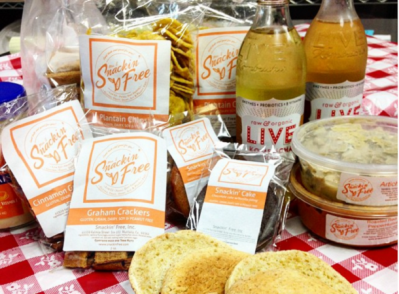Plant-based products may need to boost visibility of dairy-related allergen warnings
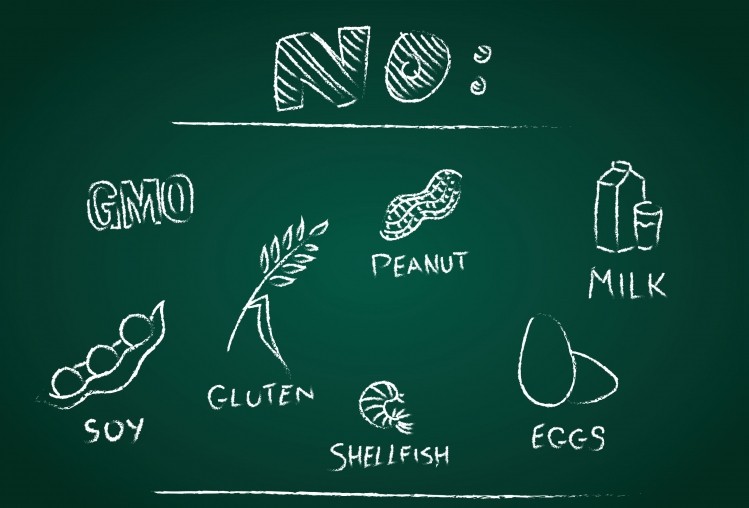
The maker of Almond Dream, Rice Dream and Coconut Dream frozen desserts said in the public safety alert issued by FDA April 2 that while it believes its current labeling sufficiently cautions that several of its plant-based, chocolate-covered frozen desserts are not appropriate for individuals who are allergic to milk, it is “publicly reinforcing” that these products have been found to contain milk.
The decision comes after some consumers reported allergic reactions to milk after consuming select Dream frozen desserts, according to the alert.
The products included in the alert currently warn consumers that “due to shared equipment, unsweetened chocolate contains traces of milk,” and, therefore, it is “suitable for lactose intolerant individuals,” but “not for milk allergic individuals.”
The company says it believes this warning is sufficient, but it also acknowledges that “certain statements on the label may be confusing to consumers.”
Therefore, it says, it is “currently investigating new label statements to make the presence of milk more clear on these products.”
The alert also stresses that the products listed are not being recalled and are safe for non-allergic consumers to eat.
Dream’s abundance of caution in this case and the wording of the updated warning could serve as a blueprint for how other plant-based product manufacturers should handle dairy-related allergen disclaimers in the future.
Plant-based products are gaining traction as more consumers turn away from animal-based products for a variety of health, animal welfare and environmental reasons. And as they do, many likely will associated them with a vegan lifestyle, which could lull those with allergies into not checking for warnings as closely as they would on other products.
The safety alert also underscores risks associated with umbrella branding and a potential need for bolder, more direct warnings when some products sold under a brand that is associated with allergen-free products could trigger reactions. To this point, the lessons highlighted in this case could apply to manufacturers across categories.
